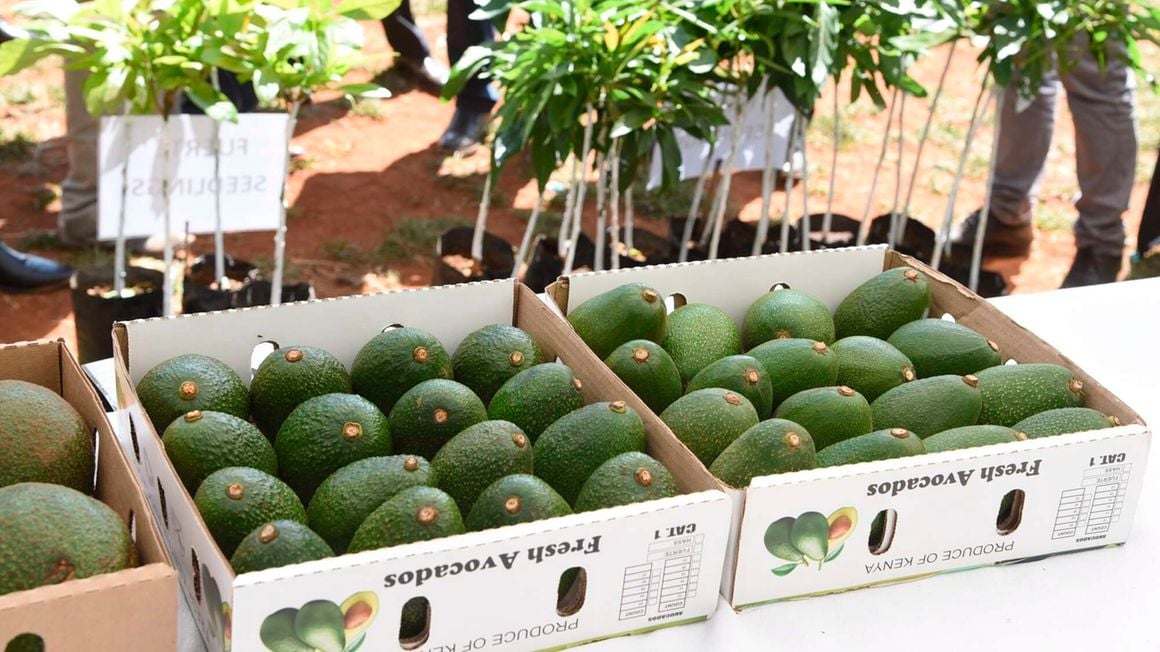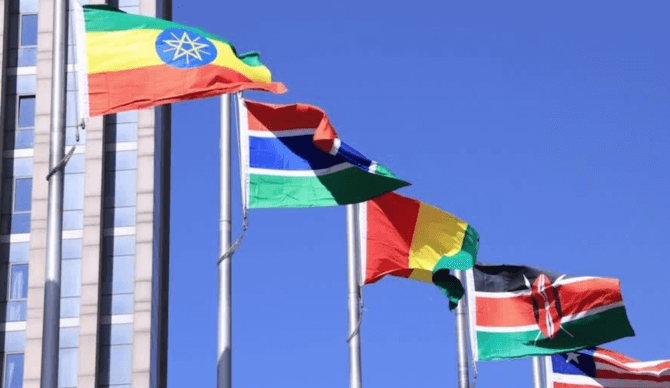In October last year, horticulture stakeholders agreed on restricting avocado exports to air shipments due to low volume of the fruit for exports in the country. As a result, there has been a widespread speculation about whether Kenya imposed a ban on avocado exports. The true position is, over the past 10 years, avocado exports have been restricted to air shipments between the months of November and February, due to insufficient volumes to fill sea containers. During this restricted period, exceptions may be granted to specific orchards upon request, provided that they undergo a 100 per cent inspection conducted by relevant government agencies. This decision was informed by the realisation that certain traders exploited the high demand for avocados. These traders shipped immature fruits, resulting in complaints about the produce not ripening properly at the end market, a development that could damage reputation of Kenya’s fruits. This restriction thus was enforced to safeguard the country’s markets and reputation as a source of quality avocados. Following media reports that Kenya had banned avocado exports, buyers went into panic. Export markets operate on long-term relationships; buyers place orders over time relying on supplier consistency. Any disruption in this chain can cause significant disruptions in the export market thus loss of revenue for the industry and the country. Recently, various organisations took journalists through training on some of the technical aspects affecting trade in fresh produce industry. Such trainings are important to note what substances can and cannot be used for particular markets...
Massive potential of avocado exports by sea freight lies in raising production volumes
Posted on: January 12, 2024
Posted on: January 12, 2024
























